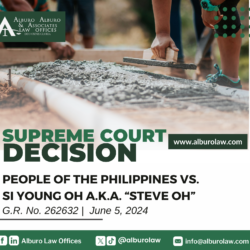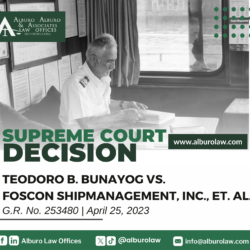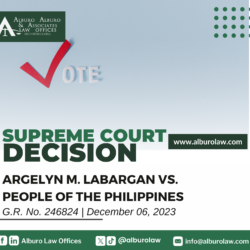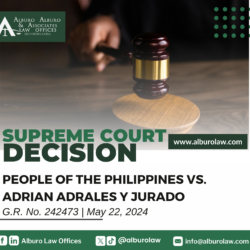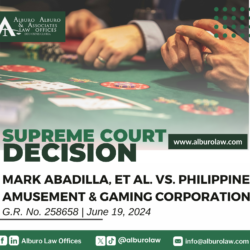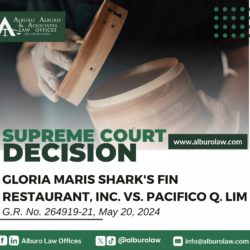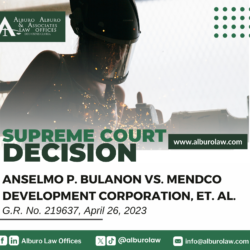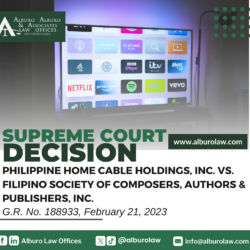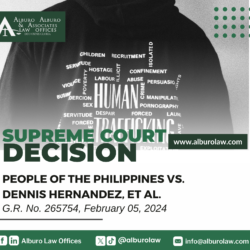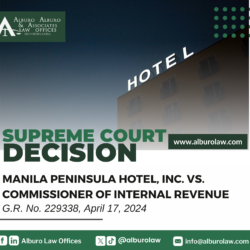The Supreme Court decides: The consent of a minor victim is immaterial in human trafficking cases.
In the case of PEOPLE OF THE PHILIPPINES vs. SI YOUNG OH a.k.a. “STEVE OH,” G.R. No. 262632, June 5, 2024 the Supreme Court reiterated the well-settled rule that the consent of the minor victim is immaterial in human trafficking cases.


